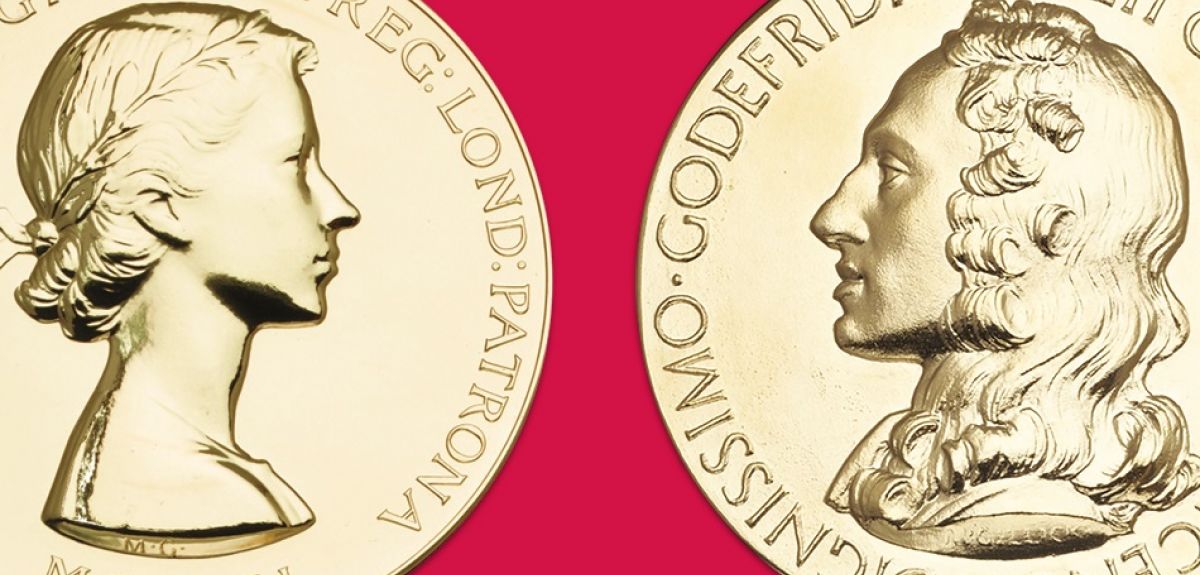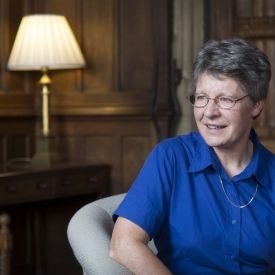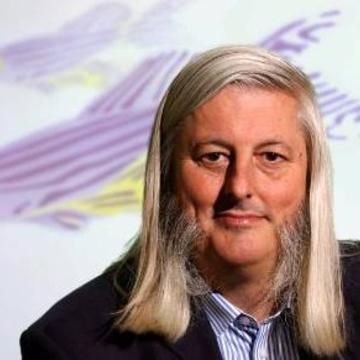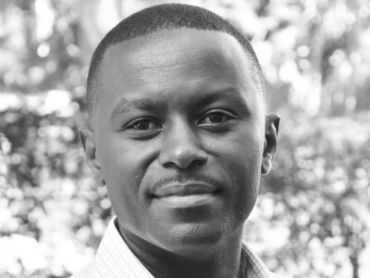
Five Oxford Academics honoured by the Royal Society
Every year the Royal Society honours the hard work and achievements of researchers with medals and prizes named after the great scientists of the past. Among the award winners this year the Royal Society recognised five Oxford University Professors for their outstanding contributions to science and medicine
Professor Dame Jocelyn Bell Burnell received the Copley Medal, for her work on the discovery of pulsars, one of the major astronomical discoveries of the 20th century.
 Professor Dame Jocelyn Bell Burnell
Professor Dame Jocelyn Bell Burnell ‘The only previous female recipient of the Royal Society's Copley Medal was Dorothy Crowfoot Hodgkin, the Oxford chemist. One cannot exactly say that Oxford women sweep the board, since there have only been two female recipients since the award was created over 250 years ago, but I'm happy to be linked with Dorothy Crowfoot this way.
The money associated with the award is going to the Institute of Physics' Bell Burnell Graduate Studentship fund - which provides PhD studentships for students from under-represented-in-physics groups. I set up this scheme as I judge that my success as a grad student (I was a grad student when I discovered the first 4 pulsars) was because I was suffering from imposter syndrome which I dealt with by working hard and very carefully and thoroughly.'
'I judged that if other people who were equally in a minority were given a chance to do a PhD/DPhil they would probably also work like the clappers and make a mark on the subject.' Professor Jocelyn Burnell
Professor Stephen Davies received the Mullard Award for his long and successful record in converting brilliant academic ideas to commercial successes with world impact in the biotech sector.
 Professor Stephen Davies
Professor Stephen DaviesProfessor Sir Peter Donnelly was presented with the Gabor Medal for his pioneering work in the genomic revolution in human disease research, transforming the understanding of meiotic recombination, and for developing new statistical methods.
‘I am hugely excited by the potential for genetics and genomics to improve health and healthcare. Properly applied, it can lead to better choices of drug targets and to improve patient outcomes by making the system more efficient, more personalized, more effective, and ultimately more sustainable.’
 Professor Sir Peter Donnelly
Professor Sir Peter DonnellyProfessor Dame Frances Kirwan received the Sylvester Medal for her research on quotients in algebraic geometry, including links with symplectic geometry and topology, which has had many applications.
 Professor Frances Kirwan.
Professor Frances Kirwan.Professor George Warimwe was awarded The Royal Society Africa Prize for his work on zoonoses vaccine development, capacity building in Africa, and his innovative research proposal. He is currently working on viral infections that are transmitted between humans and animals in Africa with a focus on vaccine development for their control. While many of these viruses were first discovered in Africa, very little is known regarding their distribution, associated disease burden and viral genetic diversity in the continent.
'I am honoured to receive this prestigious award from The Royal Society, and grateful to many colleagues with whom I work to advance human and veterinary vaccines research and development in Africa.'Prof. Warimwe.
 Prof. George Warimwe
Prof. George WarimweSir Adrian Smith, President of the Royal Society, said: ‘Through its medals and awards the Royal Society recognises those researchers and science communicators who have played a critical part in expanding our understanding of the world around us.’
‘From advancing vaccine development to catching the first glimpses of distant pulsars, these discoveries shape our societies, answer fundamental questions and open new avenues for exploration.
On behalf of the Royal Society, I congratulate each of our award winners and thank them for their work.’
 Expert Comment: Four years of full-scale war and Ukrainian resistance continues
Expert Comment: Four years of full-scale war and Ukrainian resistance continues
 Oxford and Liverpool join forces to tackle global challenges
Oxford and Liverpool join forces to tackle global challenges
 Chancellor of Oxford University hosts special honorary degree ceremony
Chancellor of Oxford University hosts special honorary degree ceremony
 New research shows high temperatures affect sex ratios at birth
New research shows high temperatures affect sex ratios at birth